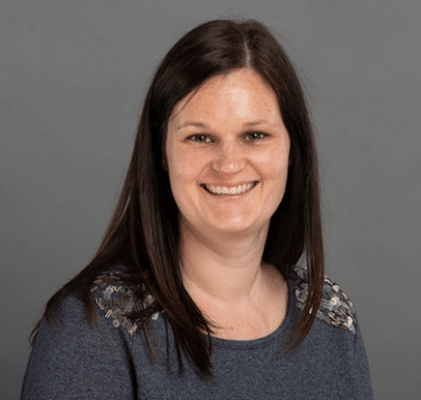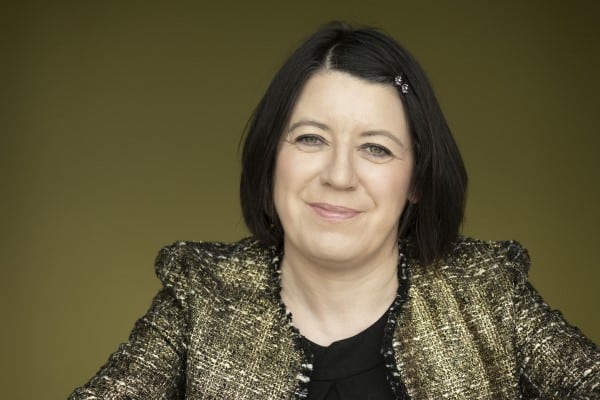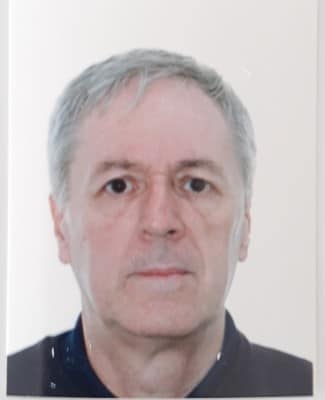Accredited by the British Psychological Society (BPS), our MSc Psychology (Conversion) course has been designed by leading academics at Ulster University to provide students with the knowledge and skills to forge a successful and rewarding psychology career.
Learning from research-active staff with strong academic and clinical backgrounds, you’ll develop a deeper understanding of the core areas in psychology, from social and cognitive through to psychobiology, learn about research methods, and gain transferable skills to prepare you for success in your chosen career.
Upon successfully completing the full programme, the official title which will appear on your graduation certificate will be ‘MSc Psychology’.
Entry requirements
To enrol on this course, applications will require:
At least a 2.2 honours degree in any subject from a University of the United Kingdom or the Republic of Ireland, or from a recognised national awarding body, or from an institution of another country which is recognised as being of an equivalent standard
Or an equivalent standard (normally 50%) in a Graduate Certificate or Graduate Diploma (postgraduate certificate, postgraduate diploma, or an approved alternative qualification)
Provide evidence of competence in written and spoken English (GCSE grade C or equivalent)
Non-Standard Entry
The academic team would consider providing the option for Accreditation of Prior Experiential Learning (APEL). In exceptional circumstances, where an individual has substantial and significant experiential learning, a portfolio of written evidence demonstrating the meeting of graduate qualities (including subject-specific outcomes, as determined by the Course Committee) may be considered as an alternative entrance route and/or exemption from modules.
Applicants who do not meet the standard entry requirements (e.g., they hold a lower degree classification) may still be considered and assessed on a case-by-case basis.
English language requirements
The minimum requirement for this course is Academic IELTS 6.0 with no band score less than 5.5. Trinity ISE: Pass at level III also meets this requirement. Ulster University also recognises a number of other English language tests and comparable IELTS equivalent scores.
This conversion course is open to learners with a range of different qualifications. Applicants do not need to have previously studied Psychology to be eligible for this course.
Modules
The programme is made up of 9 mandatory modules (15 credits each), and a mandatory research project (45 credits) which all cover an extensive range of theories and skills that are vital to our understanding of psychology.
- Social Psychology
- Individual Differences
- Quantitative Research Methods
- Developmental Psychology
- Cognitive Psychology
- Qualitative Research Methods
- Psychology of Mental Health
- Psychobiology
- Project Design
- Research Project
With our flexible carousel programme structure, you can study at a pace that suits you and take study breaks if necessary.
To complete the full MSc Psychology (Conversion) course, you will need to successfully complete all modules to earn the necessary 180 credits.
Faculty
The School of Psychology at Ulster is renowned for its research excellence and consistently commended for its extensive collaborative partnerships with international centres of excellence to produce findings which have tangible benefits for society.
We provide a range of academic programmes at both undergraduate and postgraduate level, and we currently have around 700 students enrolled on our taught and PhD programmes.
Our teaching staff is comprised of a research-active group of academics, including Chartered Psychologists and fellows of the Higher Education Academy (HEA). Our psychologists have links with several professional organisations including the Public Health Agency and Health Trusts.
The School of Psychology is renowned for its research across three main areas:
- Mental health
- Children, young people and schools
- Health and ageing












